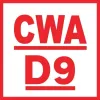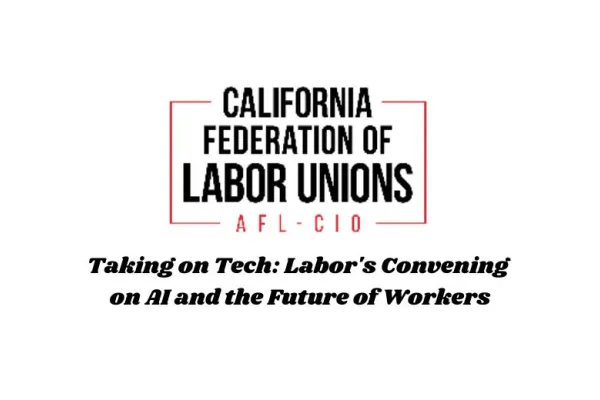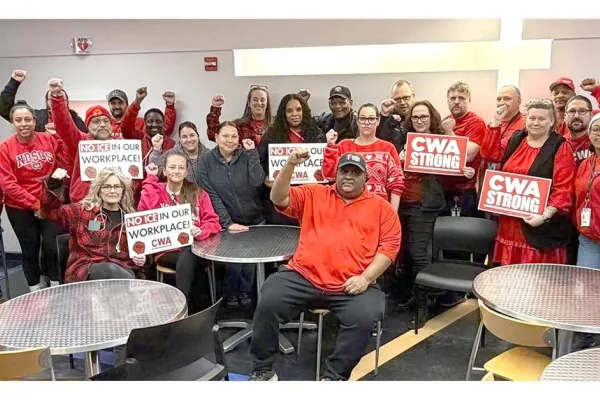NLRB Affirms Right to Organize, Overturns Earlier Anti-Worker Rulings
In important victories for workers, the National Labor Relations Board (NLRB) has reversed two earlier board decisions and issued a new rule ordering employers to post notices informing workers that they have a legal right to form a union.
The new rule, published this week and effective Nov. 14, brings a modest improvement to workplaces where employers regularly mislead workers about their union rights.
The notice is similar to one the U.S. Labor Department requires for federal contractors and states that "employees have the right to act together to improve wages and working conditions, to form, join and assist a union, to bargain collectively with their employer, and to refrain from any of these activities," as ordered by the National Labor Relations Act (NLRA) of 1935. The notice provides examples of unlawful employer and union conduct and tells employees how to contact the NLRB with questions or complaints.
Until now, the NLRA was the only federal workplace law that employers weren't required to post. Notices on federal minimum wage, equal opportunity, and health and safety laws have long been required.
In other key rulings, the NLRB reversed two Bush-era board decisions favoring union opponents. The board struck down a 2007 decision that allowed anti-union workers to file for a decertification election immediately after a majority of their coworkers won recognition through majority sign-up. The board also reversed a 2002 ruling that allowed a union decertification vote immediately after a company changed ownership.
In a final ruling involving organizing at health care facilities, the NLRB said the Steelworkers could organize certified nursing assistants as part of a single bargaining unit, without including workers performing unrelated jobs. That overturns a 1991 board decision that made it more difficult for health care workers to organize.
The decisions are the last by the board under the leadership of NLRB Chairwoman Wilma Liebman, whose term expired Aug. 28. The new chair is Mark Pearce, who was appointed by President Obama during a Congressional recess last year.
The normally five-member board is down to three: Pearce and Craig Becker, both Democrats, and Brian Hayes, a Republican. However, Becker's appointment expires Dec. 31. If new nominations and Senate approval aren't forthcoming by then, the board will have just two members and won't be allowed to render decisions, per a 2010 Supreme Court ruling.
RSVP for AI Training Next Month - February 3-4, Sacramento
CWA and Allies File Comments Supporting FCC Oversight of Voice Service in the Internet Age
Legacy T and Activision Members Meet With CWA President Cummings in Minneapolis



